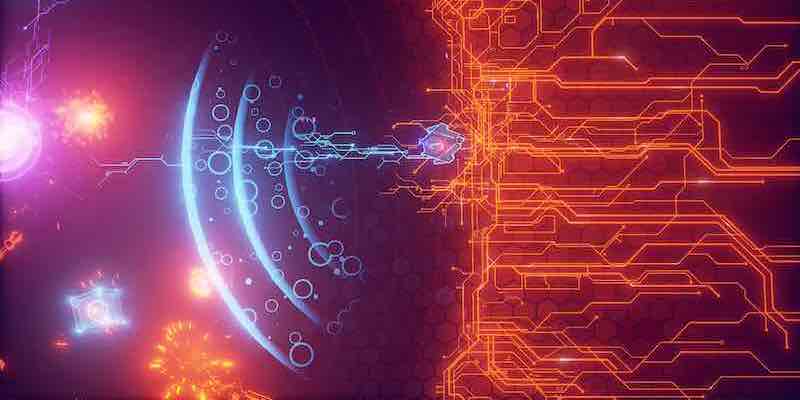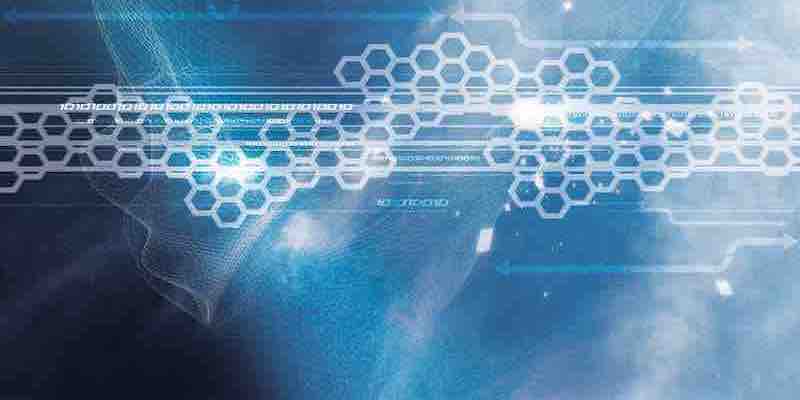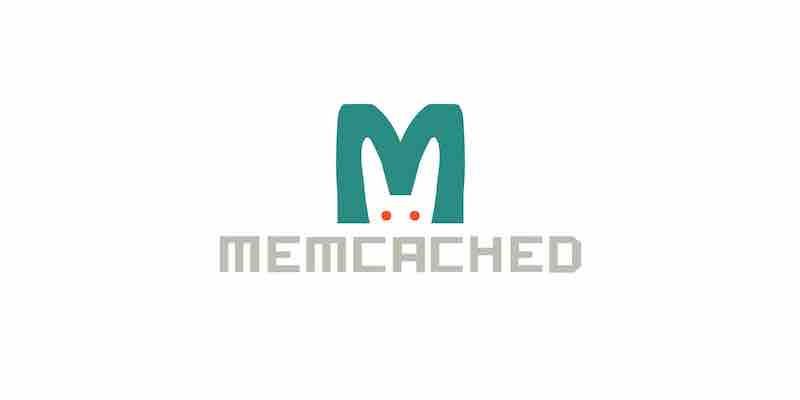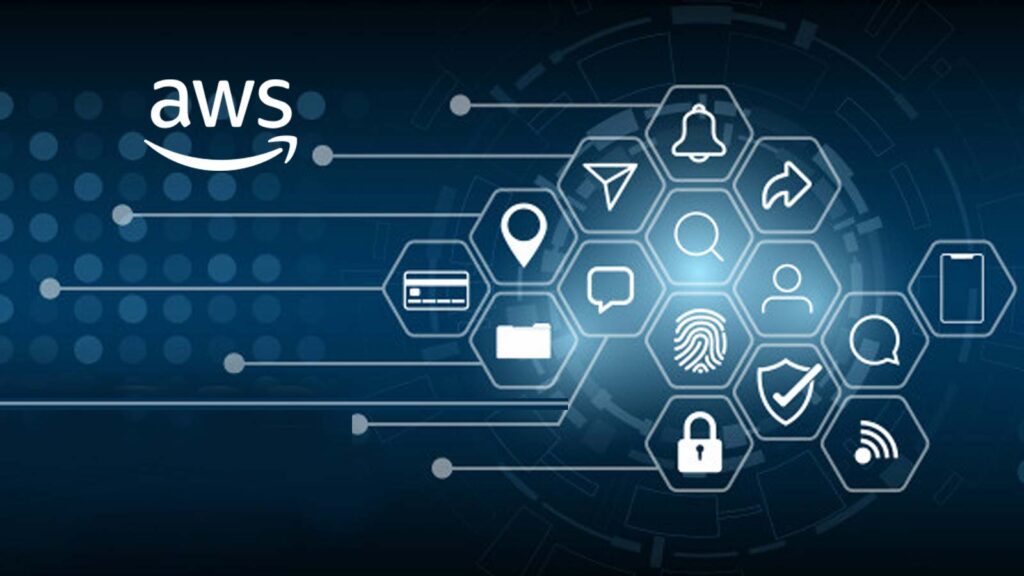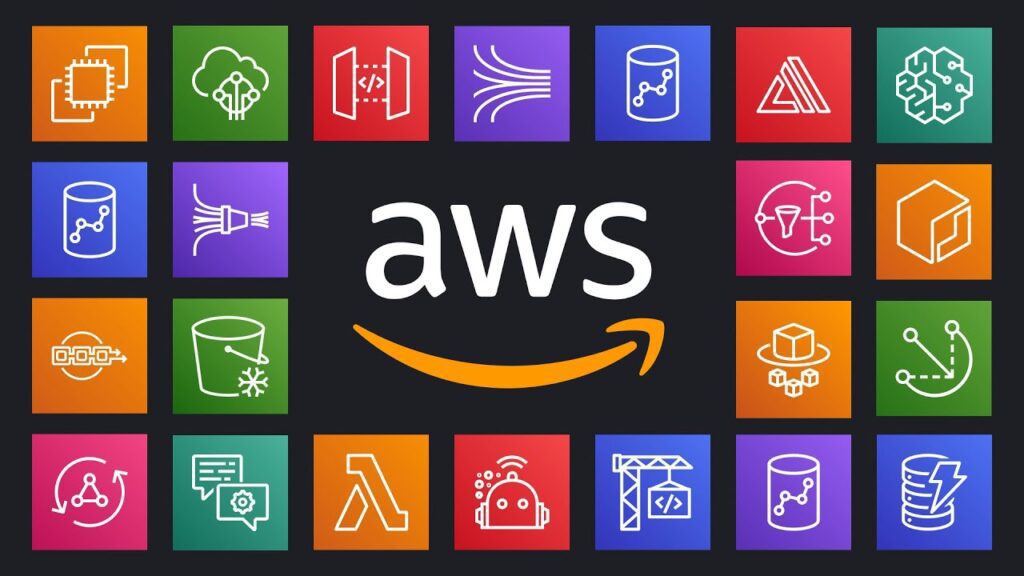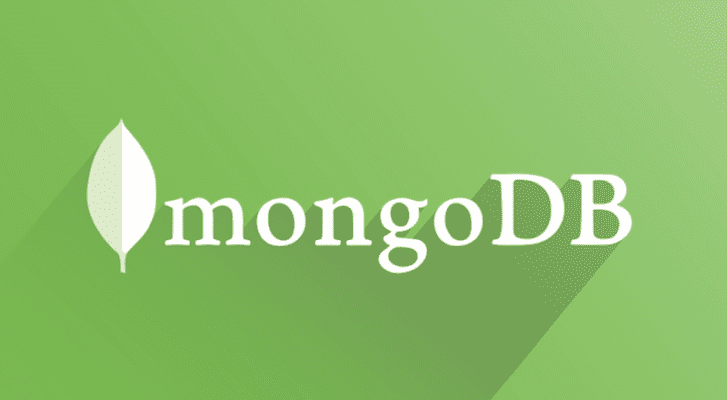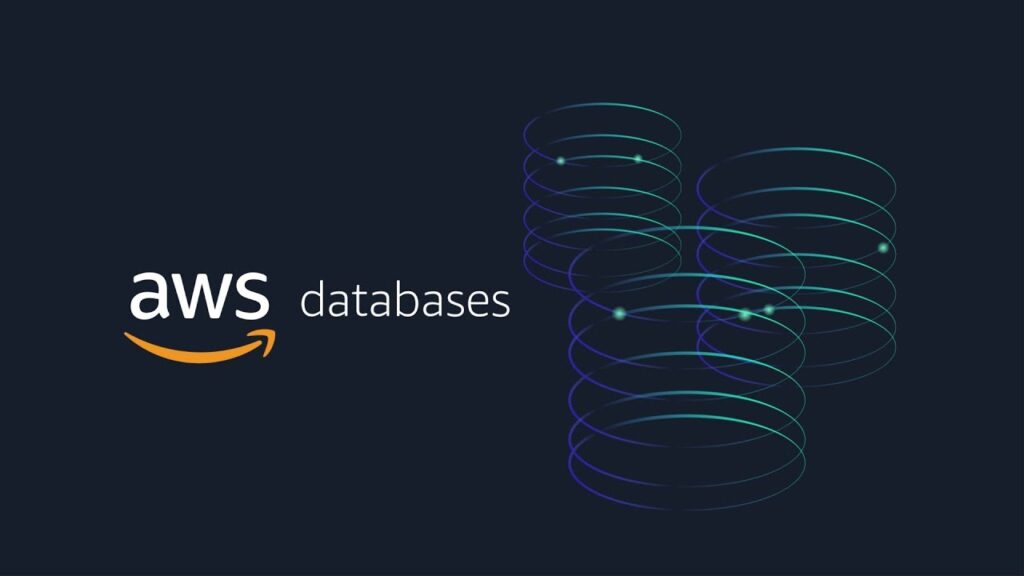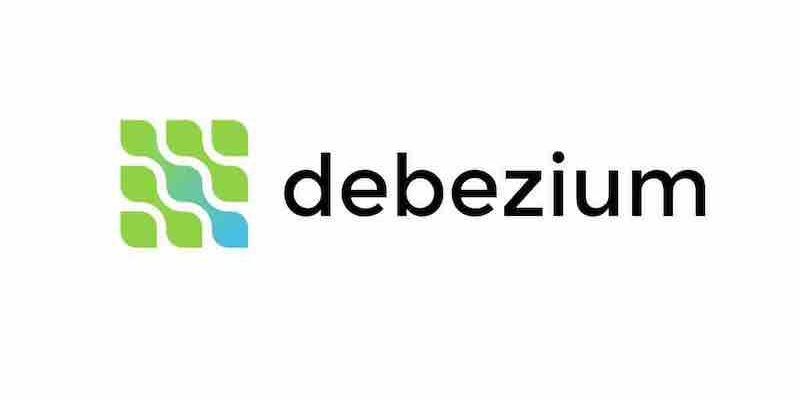A creative look at the trade-offs between consistency, availability, and partition tolerance in distributed systems. In distributed systems, it is essential to ensure that all nodes in the system maintain the same state of the world. However, there are often trade-offs between different properties of distributed systems, such as consistency, […]
Devamını Oku
A creative look at the three properties that distributed systems must choose between Partition tolerance, Availability, Consistency, Latency, and Consensus. In distributed systems, it is crucial to ensure that all nodes agree on the same state of the world. However, there are often trade-offs between different properties of distributed systems, […]
Devamını Oku
A creative look at how Raft ensures that all nodes in a distributed system agree on the same state of the world. In distributed systems, all nodes must agree on the same state of the world. This is because if nodes disagree, it can lead to problems such as data […]
Devamını Oku
The term “NoSQL” was first used in 1998 by Carlo Strozzi to describe his lightweight, open-source relational database that did not use SQL. However, it wasn’t until the early 2000s that the term gained traction, as businesses started to realize the limitations of traditional relational databases when handling large amounts […]
Devamını Oku
NoSQL databases are a new breed of databases designed to be more flexible and scalable than traditional relational databases. They are often used for big data applications where the conventional relational model is not well-suited. What is NoSQL? The term “NoSQL” stands for “Not Only SQL.” It refers to a […]
Devamını Oku
As your application needs grow and scale, you want to focus on innovation and not pay for increasing costs. By building modern applications with AWS purpose-built databases, you can take control to optimize your spending. Customers using Amazon DynamoDB, a fully managed, serverless, key-value NoSQL database, can run high-performance applications […]
Devamını Oku
Amazon Web Services (AWS) is a collection of remote computing services (also called web services) that comprise a cloud computing platform provided by Amazon.com. These services operate from 12 geographical regions across the world. The most central and well-known of these services arguably include Amazon Elastic Compute Cloud and Amazon […]
Devamını Oku
We are diving into the MongoDB NoSQL database and looking at the fundamentals and the syntax to create, read, update and delete documents/data MongoDB is a popular, open-source NoSQL database. NoSQL databases store data in a non-relational format, unlike traditional relational databases (SQL) that store data in tables with rows […]
Devamını Oku
Choosing the right partition key is essential in designing and building scalable and reliable applications on top of DynamoDB. What is a partition key? DynamoDB supports two types of primary keys: Why do I need a partition key? DynamoDB stores data as groups of attributes known as items. Items are […]
Devamını Oku
Debezium is an open-source distributed platform for change data capture (CDC). It provides a scalable and reliable way to capture and stream changes from databases (such as MySQL, PostgreSQL, and MongoDB) to event streams in Apache Kafka. Debezium can track changes to data in real-time, making that data available for […]
Devamını Oku

